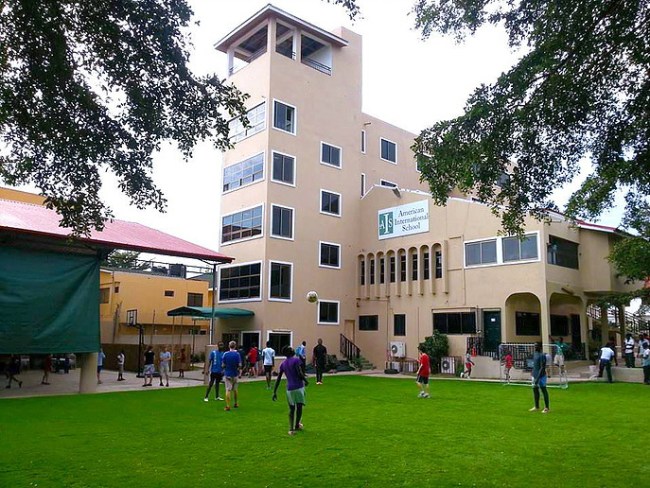Opening an International School
Opening an international school in Ghana as a non-citizen involves specific procedures and requirements, including compliance with education and business
regulations. International schools offer education that follows an international curriculum and cater to both local and expatriate students. Here’s a general
overview of how to open an international school in Ghana:

Research and Feasibility Study:
Conduct thorough research to assess the demand for an international school in the specific location you’re considering. Understand the target market, curriculum preferences, and competition.
Business Plan:
Develop a comprehensive business plan that outlines your school’s mission, educational approach, curriculum, facilities, financial projections, marketing strategy, and staffing plan.
Legal Entity and Business Registration:
Decide on the legal structure of your school (e.g., limited liability company). Register the business with the Registrar-General’s Department and obtain the necessary business permits and licenses.
Location and Facilities:
Identify a suitable location for the school that meets the requirements for educational institutions. Ensure that the premises are conducive to creating a safe
and conducive learning environment.
Curriculum and Accreditation:
Choose an internationally recognized curriculum, such as the International Baccalaureate (IB) or Cambridge curriculum. Depending on the curriculum chosen, you might need to obtain accreditation from relevant international bodies.
Ghana Education Service (GES) Approval:
All educational institutions in Ghana, including international schools, need approval from the Ghana Education Service (GES). Submit an application for approval, including details about your curriculum, facilities, teachers, and academic plans.
Hiring Qualified Staff:
Employ experienced and qualified teaching and administrative staff. Teachers should have the required qualifications and experience to teach the chosen curriculum.
Student Admissions:
Develop an admissions process that aligns with your school’s philosophy and curriculum. Advertise admissions and ensure the process is transparent and fair.
Facilities and Resources:
Equip your school with the necessary facilities, resources, and educational materials to support student learning and development.
Health and Safety Regulations:
Comply with health and safety regulations, including sanitation, security, and emergency preparedness.
Marketing and Promotion:
Develop a marketing strategy to promote your school to potential students and parents. Utilize various channels, including social media, websites, and local media.
Compliance and Reporting:
Adhere to all educational regulations, including academic standards, reporting requirements, and compliance with GES guidelines.
Opening and Operations:
Launch your school and commence operations according to the approved curriculum and academic calendar.
Continuous Improvement:
Continuously monitor and evaluate the quality of education, seek feedback from parents and students, and make improvements based on the feedback.
The process of opening an international school in Ghana can be complex due to education and business regulations. It’s crucial to engage with legal advisors,
education consultants, and local authorities to ensure that you understand and meet all the necessary requirements. Additionally, establishing a network of contacts
within the education sector in Ghana can provide valuable insights and guidance throughout the process.

